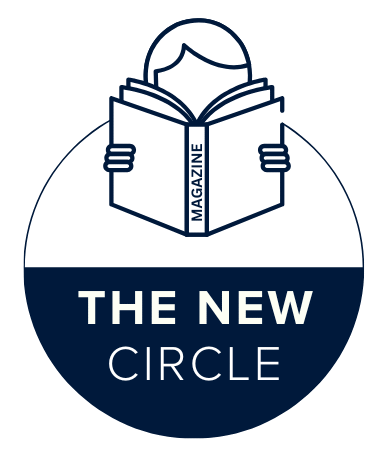Purchasing a home is an exciting and significant event. It’s not just about choosing a framework. There are many things to consider, but it is more about finding a place where you can envision yourself living for a while, based on your lifestyle and future goals. This guide will help you make informed decisions.
Understanding Your Priorities
Identifying what matters most is crucial when looking for houses for sale in Spokane, WA, or anywhere else. This refers to the amount of space in the home. Are you looking for a home with several bedrooms for an expanding family, or do you prefer a smaller place? Think about the location. Access to universities, offices, and amenities, as well as proximity, can influence your choice. You might want a neighborhood where things are quiet, or you might be after a more bustling part of town.
Setting a Realistic Budget
Budgeting is foundational. Decide what you can afford. This definitely is not just the purchase price but also taxes, maintenance, and possible renovations. Consult with financial advisors about the potential options available to you. Having a clear budget avoids future financial issues and helps you concentrate on properties that you can afford.
Exploring Different Types of Homes
There are various types of homes available for purchase. Single-family homes come with outdoor space and privacy. A townhouse strikes the right balance of being affordable while also being large enough. For people on the go, condominiums can be a low-maintenance option. There are benefits and challenges to each type. Understanding them will help you align your needs with the type of home you should be looking for.
Evaluating the Neighborhood
A massive influence on daily life comes from the surrounding area. Explore the neighborhoods you’re interested in at various times of day to get a sense of the atmosphere. Assess noise, traffic, and a feeling of community. Proximity to parks, shops, and public transport can improve living standards. Investigate schools and safety records. Belonging to a warm community can significantly improve your experience as an inhabitant.
Considering Future Needs
Think long-term. Will your family grow? Are you considering working remotely more often? Consider what other lifestyle changes you may experience in the future and how they will impact your needs for a place to live. A flexible home will accommodate different stages of life, making it a long-term, sustainable home.
Inspecting the Property
A thorough inspection is essential. Look beyond aesthetics. Inspect the roof, plumbing, and electrical systems. Hire specialists for a detailed inspection. It helps identify problems that may require expensive repairs. Additionally, it enables informed decisions about the property’s conditions over time.
Assessing Resale Value
Keep in mind the future resale of the property while attending to the present requirements. Future value will be dictated by elements such as location, the size of the home, and its overall condition, and those external factors can only be considered but not controlled. If the home is located in an attractive neighborhood, it can add to the eventual value appreciation. Knowing trends can help make a good buy here, even when selling is not the immediate objective.
Balancing Needs and Wants
Distinguish between essentials and luxuries. Homeowners feel swimming pools might add a touch of glamour, but their upkeep is costly and impractical. So it is best to consider eliminating them. Focus on features that help with everyday life. This method guarantees satisfaction without the unnecessary add-ons.
Involving Family in the Decision
Bringing family members into the process can provide other perspectives. Discuss preferences and priorities together. It promotes an inclusive environment where all opinions are welcomed and respected. This can also help find a home where everyone in the household can coexist.
Consulting With Real Estate Professionals
Speak with real estate agents who know what you want. Access to listings that might not be publicly available. These professionals can streamline the search and negotiation process, resulting in a more seamless overall experience.
Trusting Your Instincts
Although analysis is essential, we also need a bit of intuition. A home should feel like you. It could be the right place if it fits. Adding trust in instinct to practical thoughts results in a rewarding outcome.
Final Thoughts
Choosing a house is a complex process that requires a lot of thought and preparation. With an awareness of priorities, a sensible budget, and a balanced approach to both present and future needs, one can choose something that will bring years of comfort and satisfaction. Finding a home is relatively straightforward if a person considers practical elements and personal preferences, striking the perfect balance.
READ ALSO: Top Mistakes First-Time Homebuyers Make And How To Avoid Them

